Are you curious to learn the top finance product manager skills recruiters are looking for?
Finance PMs occupy a unique position within the world of product management. As specialized product professionals, they are critical roles that help startups and established companies develop, launch, and manage products that provide financial services to a target audience.
Since finance PMs are responsible for a specific niche of products, recruiters who scout for them look for a particular set of skills in candidates. Those skills help to guide them during the selection process so that they choose the best applicant for the job.
This article discusses eleven skills that employers look for when hiring finance product managers. You also learn ways to start refining those skills from as early as today.
Let’s dive right into the discussion.
Essential Finance Product Manager Skills
Here are the top skills of finance product managers:
1. Finance Skills
As a finance product manager, your primary responsibility is to create products that drive and sustain revenue growth.
Recruiters, therefore, require that finance PMs have strong capabilities in skills related to finance and fintech.
Finance and fintech are broad fields that cover some of the most common services that consumers use today:
- Traditional consumer banking
- Digital banking
- Personal Finance
- Lending, financing, mortgages
- Payment technologies
- Insurance
- International money transfers and exchanges
In light of this, finance product managers must demonstrate familiarity with the intricacies of the types of products and services that characterize the finance and fintech industries.
On one hand, this entails having a clear understanding of the finance and fintech market. Finance PMs must know the challenges that businesses face in this niche as well as the products that they develop to target possible consumers. They must also know the trends and tendencies that impact the kinds of products that industry leaders are investing in.
On the other hand, it also involves knowing the kinds of difficulties that product teams experience when developing finance products. Depending on the type of product, these difficulties are either technical or conceptual.
Conceptual setbacks refer to those that deal with the vision, product strategy, or purpose of a particular product. Technical setbacks are those that speak to the challenges that teams face when they use complex technologies for finance product development.
With that said, one of the best ways to develop finance skills is to dedicate time to studying the field.
According to data shared by PayScale, recruiters look for candidates who have a bachelor’s degree or higher in finance, business management, and marketing to take up the role of a finance PM.
Depending on the state you’re in, there may be requirements for certification or licensing in special areas such as a securities license.
Apart from degrees, recruiters also value applicants who have taken specialized courses in product management or finance. Consider taking our Product HQ Product Manager Certification Course to stand out among competing candidates and increase your chances of landing a job in the field.
2. Communication Skills
Financial product managers need to be excellent communicators. Not only are you the spokesperson for your product, but you are also the voice of your sales team and your customers.
The product development process requires strong teams, and strong teams are built on solid communication skills. Effective communication helps you to build trust with your cross-functional team and motivate them at every stage of product development.
PMs need to juggle several relationships. Failure to communicate your ideas and thoughts clearly to your target audience severs the bond you have with them and lays the groundwork for tense relationships.
You must be a skilled presenter and a good listener who takes into account the feedback of your team members to strategize product and business development further. In doing so, you display diplomacy, empathy, and respect for everyone you interact with at your company.
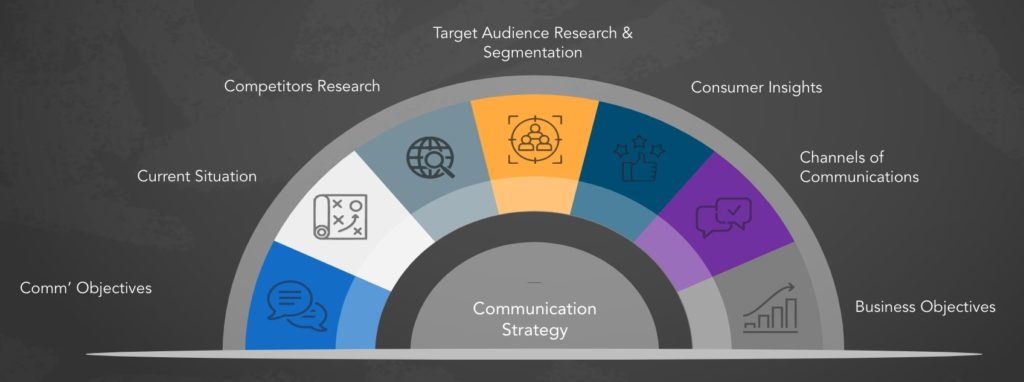
Finance product managers use three streams of communication within their teams.
Horizontal communication streams
These involve communicating with your team members as you all work to reach a shared goal.
Vertical communication streams
Vertical communication streams are those that have a wider reach and all have a different purpose. Finance PMs practice vertical communication streams with executives, investors, board members, and stakeholders.
External communication streams
External communication streams refer to all forms of contact you make with business partners, users, and customers.
3. Data Analytics Skills
Strong analytical skills are necessary for any finance product manager.
Products that appeal to financial consumers incorporate some form of financial data and analysis in their development. This is because the technology that developers use to bring life to finance product features relies on data acquisition and analysis to produce a given result. After all, product teams use data-driven solutions to build solutions instead of chance or guesswork.
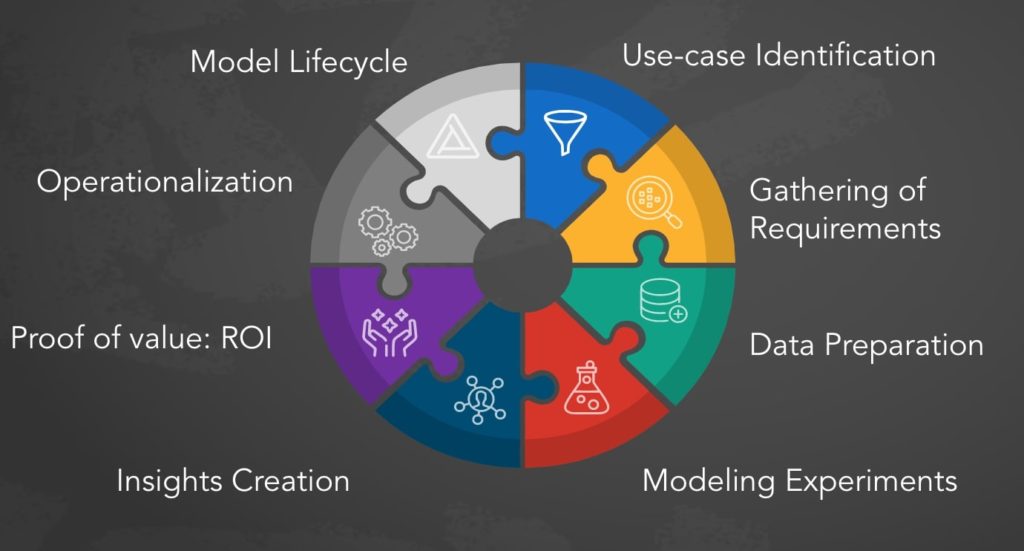
Therefore, finance product managers must understand how to use data to build a competitive advantage against their competitors. This means collecting data from multiple departments and sources and putting it together to create actionable insights into financial statements.
Data is imperative when it comes to decision-making within an organization when considering new products or changes to existing products. Making sense of complex data helps highlight opportunities that exist.
Be sure to pay attention to the technical aspects involved in your product’s development. This entails understanding what the user flow looks like, how many people are onboarding, and its most popular features. Tracking this type of data reveals new insights and opportunities that help finance PMs improve the product during its lifecycle.
4. Spreadsheet Skills
As a follow-up to data analytic skills, every finance professional must be competent in using spreadsheets.
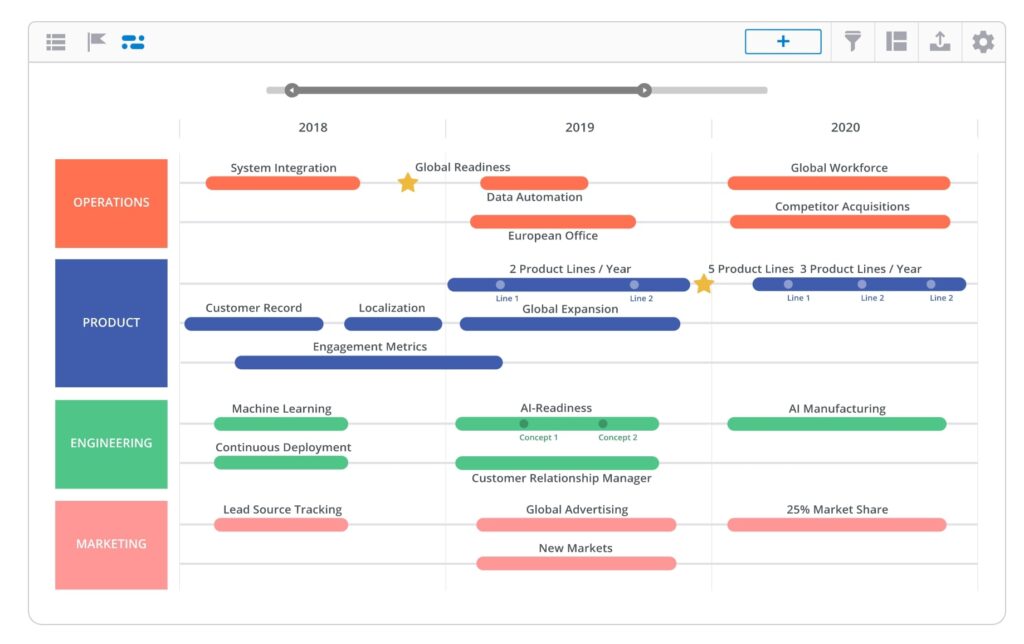
Credits: Roadmunk
Spreadsheets are an integral aspect of a finance product manager’s day-to-day activities. Finance PMs use spreadsheets to:
- Calculate costs
- Anticipate revenue
- Predict profit gains
- Collect, store, and analyze data
Spreadsheets act as roadmaps that help finance product managers manage and maintain the cost-related aspects of product development. For that reason, finance PMs must know about spreadsheet management to execute metrics and keep a record of their business objectives and financial goals.
These include understanding:
Pivot Tables
Finance PMs use this function to group matching data and provide you with quick summaries.
Regression Analysis
This is a statistical analysis that helps PMs understand how a decision impacts their revenue stream. For example, it helps managers understand how different variables impact their user engagement.
Filters
Using filters allows you to hide data that isn’t relevant.
SUMIF
This function allows managers to extract summary information from large databases.
COUNTIF
This statistical function allows you to count the number of cells that match a specific criterion.
VLOOKUP
This function searches through large datasets and returns corresponding values, making analysis quick and easy.
5. Strategic Thinking Skills
When deciding on how to launch a new product or trying to understand the market, PMs need to tap into their strategic skills. They also need the mindset of a problem solver.
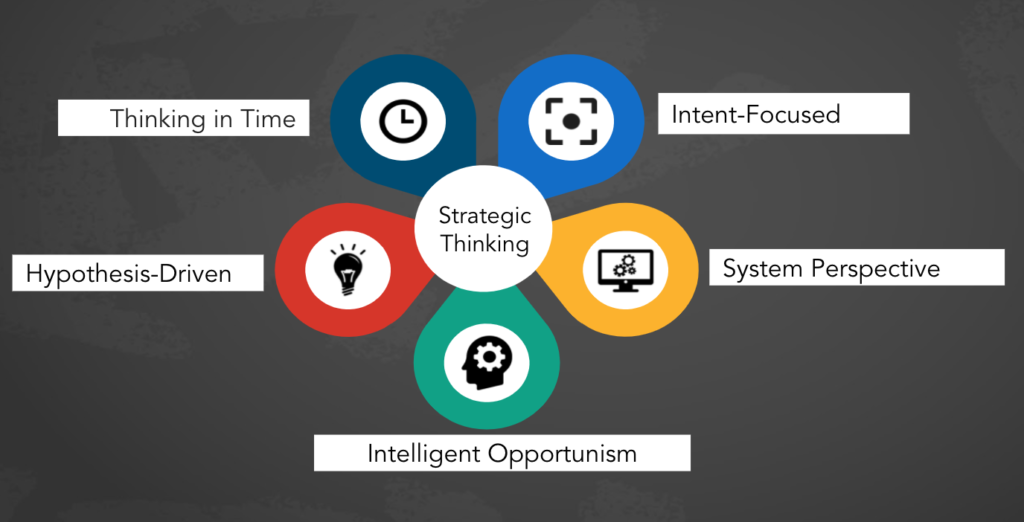
As a finance PM, you must prioritize problems in financial systems that both internal and external customers experience. Then, you work to solve them with effective solutions.
Strategic thinking skills are necessary to determine which problems to address first. They also help you to understand the current situation a company is facing as well as the ultimate goal. That way, you have a better understanding of the methods needed to bring you to the finish line.
6. Time Management Skills
Every financial product manager needs to manage and prioritize time throughout the product lifecycle. All PMs have days when they have more on their to-do lists than time allows.
If you want to be a product manager, you need to shift priorities daily. You must shift focus to respond to changes while managing to keep several balls in the air.
Prioritizing helps ensure that whatever task you and your team are working on contributes to the bottom line. Delegate tasks that are time-consuming and ignore those that are not relevant.
Safeguarding your time means being aware of anything that robs you of time to focus on important things. Meetings are a common culprit. While meetings are necessary, they stall productivity, so keep them short and on target.
7. Teamwork Skills
To bring a product to market, financial product managers often work with several cross-functional teams. This includes designers, developers, sales and marketing teams, and even customer support.
A finance product manager plays an effective role in building teamwork skills, given their reliance on these teams. As teams grow with cross-collaboration between departments it takes work to ensure a cohesive, high-performing group.
These teams are diverse in personalities, styles, and skill sets. What’s more, each team member has their expectations. Put all that together and a product manager faces inconsistencies that affect overall productivity.
For that reason, finance PMs must do their part to ensure that there is chemistry within their marketing team and that everyone feels excited about making product goals a reality.
8. Agile Skills
Using the principles of agile helps financial product managers plan and build their products.
As we’ve seen in the last few years, product demand changes. When customer needs and market demands are pivoted, old-school development teams have difficulty keeping up.
Unlike more traditional approaches to product development, agile follows a different product strategy. Where the traditional approaches often meant a longer, sequential development cycle, agile provides a more flexible approach.
This flexibility minimizes the time spent on the product roadmap.
The agile method breaks the product development process into smaller components in a frequent release cycle called sprints. Smaller components and shorter cycles make it easier for a product manager to validate ideas and strategies.
The principles of agile weigh heavily on the 80/20 rule. This means successful product managers will have to focus on doing things that have the greatest impact while aligning product strategy with organizational goals.
Agile keeps a product manager focused on the right thing and allows them to adapt to the changing needs and circumstances of their customers and stakeholders.
9. Risk Management Skills
As a product manager, you need risk management skills. There is always a degree of risk when introducing any new product. Every investment decision you make comes with potential risk and you need to be able to manage what that risk may entail.
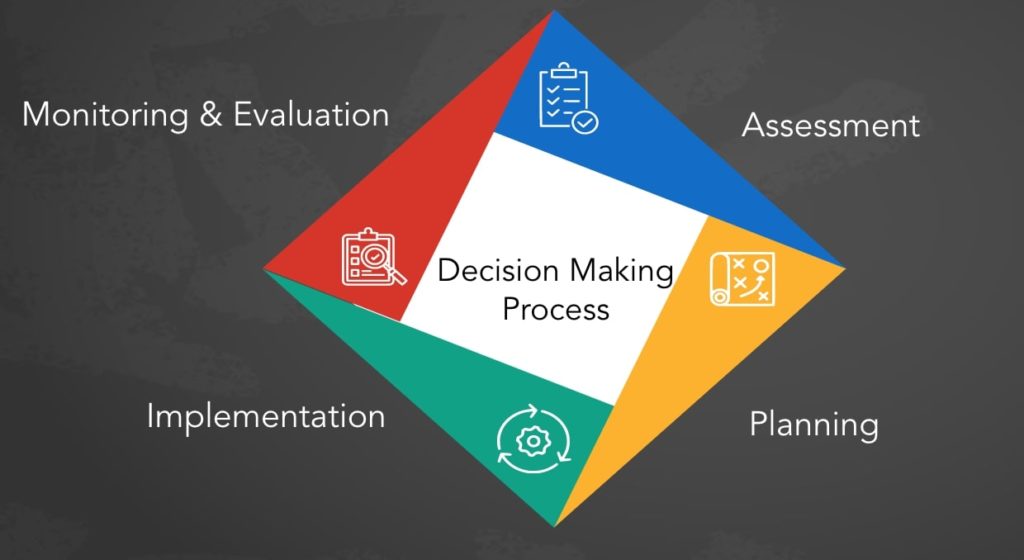
Risk management often means containment and mitigation. In terms of product management, you must be ready to act when a risk arises. Otherwise, you risk jeopardizing the product and its chances for success.
A product manager also needs to identify threats in advance to ensure the success of a product. Threats include:
- Pain points for customers
- Failed product-market fit
- Competitors and their respective products
- Regulatory compliance
10. Negotiation Skills
A product manager is a go-to person when it comes to setting priorities or managing conflict. Since you’re working with different teams and stakeholders who have different goals and interests, conflict and crises are sure to arise.
As the product leader, you need to negotiate and compromise. But that doesn’t mean meeting in the middle just to keep everybody happy.
Solid negotiation skills mean you must:
- Justify your final decision with data
- Establish and maintain rapport with stakeholders and team members
- Set goals for your negotiation process and don’t get sidetracked by them
- Remember that the goal of negotiation is to bring all parties together and find an agreed-upon outcome that maintains relationships
- Stay objective and work for a conclusion that’s based upon data, not emotion
11. Research Skills
Anyone in financial product management must perform extensive market research first.
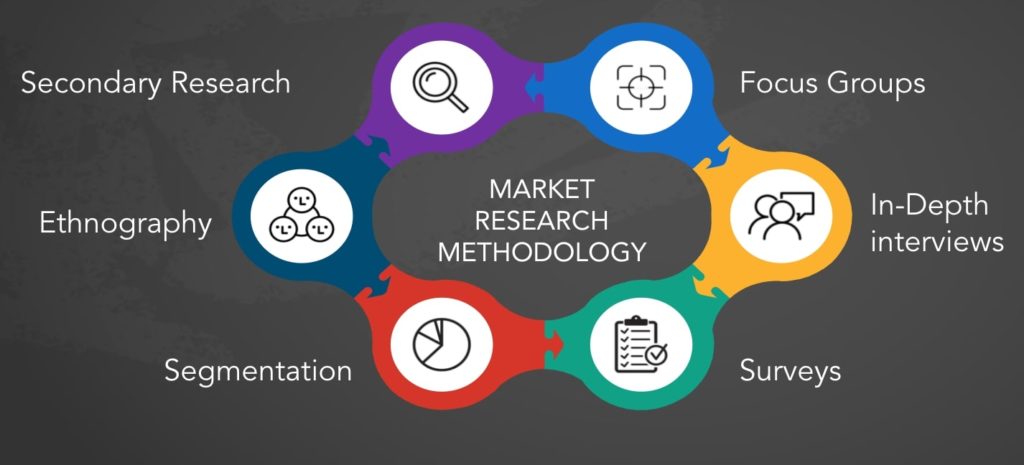
Part of product vision calls for understanding who your product is for and what problems they need to solve. Finance PMs must conduct thorough market research to determine the type of product customers are looking for and existing competition
Research skills and data analysis help to inform product managers about current market trends and future opportunities and threats within the market. With the right information, they create successful products.
Final Remarks
A finance product manager must possess a deep understanding of financial products and markets, coupled with the ability to leverage data analytics to drive decision-making. Additionally, the integration of technological solutions is paramount, making familiarity with fintech innovations and agile methodologies indispensable.
An aptitude for customer-centric thinking ensures that the products developed are not only innovative but also align with the needs and expectations of the end users.
By mastering these diverse skill sets, finance product managers can drive their organizations toward sustainable growth and competitive advantage in a complex and fast-paced financial industry..
FAQs
Here are answers to the most frequently asked questions regarding finance product management:
What skills do you need to be a financial product manager?
A financial product manager needs:
- Strong analytical skills
- Proficiency in data analytics
- Familiarity with fintech innovations and agile project management
- Excellent communication and leadership abilities coordinate cross-functional teams and stakeholder relationships
- Deep understanding of financial markets and product strategy
What does a product manager do in finance?
A product manager in finance:
- Develops and manages financial products such as loans, investment vehicles, and insurance products. Conduct market research
- Monitor product performance
- Collaborate with various teams to bring the product to market
- Make data-driven decisions to enhance product offerings
- Define product requirements
What skills are needed for a product manager?
A product manager needs strategic thinking, market research abilities, product management skills, and excellent communication skills. Analytical skills and customer-centric thinking are crucial for making data-driven decisions and creating valuable products.
How to become a financial product manager?
To become a financial product manager:
- Start by obtaining a degree in finance, business, or a related field
- Gain experience in finance or product management roles
- Develop a strong understanding of financial markets and products
- Pursue additional certifications like CFA or PMP to build skills in data analytics and project management
If you are new to product management and are looking to break into your very first product manager role, we recommend taking our Product Management Certification Courses, where you will learn the fundamentals of product management, launch your product, and get on the fast track toward landing your first product job.
